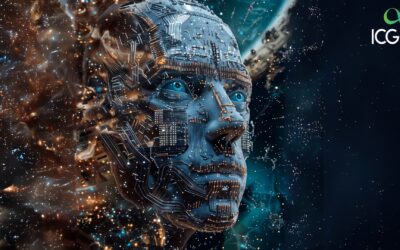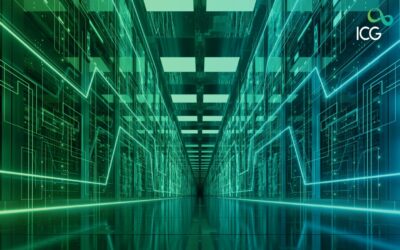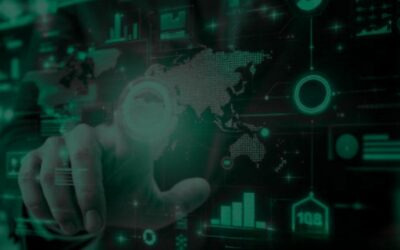The evolution of the internet, represented by Web 3.0, is poised to revolutionize the way we work and redefine the landscape of Human Resources. Building upon the foundations of its predecessors, Web 1.0 and 2.0, Web 3.0 introduces a convergence of technologies that will reshape HR practices, including talent acquisition, decentralization, automation, and transformative data exchange. In this blog, we delve into the transformative potential of Web 3.0 and its impact on the future of HR.

Decentralization and Empowerment
Central to the concept of Web 3.0 is workforce decentralization, empowered by the integration of blockchain technology. With blockchain, professionals gain unprecedented control over their personal data, credentials, and achievements. This empowerment enables individuals to monetize their skill sets through decentralized platforms that leverage the security and transparency of blockchain. This shift in control has the potential to redefine the dynamics of non-employee work arrangements, offering new avenues for freelance, contract, and gig-based work.
Automation and Efficiency
Another profound impact of Web 3.0 on HR is the automation of tactical and repetitive tasks through the integration of Artificial Intelligence (AI) and robotics. By delegating mundane activities to automated systems, human workers are freed to focus on more creative and strategic tasks. This augmentation of human capabilities translates to increased efficiency, improved productivity, and a shift towards roles that require critical thinking, problem-solving, and innovation.
Transformative Data Exchange
The promise of Web 3.0 extends to transformative data exchange through the Internet of Things (IoT). This convergence empowers seamless sharing of real-time data among enterprise devices, platforms, and systems. For the modern business, this means that remote workers can leverage up-to-the-minute data to drive decision-making, regardless of their physical location. This connectivity bridges the gap between distributed workforces, ensuring that employees remain interconnected and informed.
Reskilling for the Digital Age
As with any technological advancement, there are concerns about potential job displacement. The emergence of Web 3.0 emphasizes the need for enterprises and governments to invest in reskilling and upskilling initiatives. By aligning workers with the demands of this new digital era, organizations can ensure that their workforce is equipped with the necessary skill sets to navigate evolving roles and responsibilities.
Seizing the Opportunities of Web 3.0
While Web 3.0 introduces revolutionary changes, it also underscores the importance of adaptability and preparedness. As enterprises embrace the decentralized workforce, leverage automation, and harness the potential of transformative data exchange, they must also prioritize a culture of continuous learning. Reskilling initiatives will play a pivotal role in bridging the gap between traditional roles and the demands of the digital age.
In conclusion, Web 3.0 marks a pivotal juncture in the evolution of the internet and presents HR professionals with unprecedented opportunities for transformation. As the integration of blockchain, AI, and IoT reshapes the way we work, HR leaders must take a proactive stance in redefining talent acquisition strategies, fostering skill development, and embracing the potential of decentralized platforms. By embracing Web 3.0’s potential, organizations can position themselves at the forefront of the future of HR, ensuring a workforce that is not only adaptive but thriving in the dynamic digital landscape.
The ICG Approach
To ensure the success of your transformation, you need employees equipped with cross-functional skills that allow them to easily adopt emerging technologies and agile methodologies. A strong people strategy prioritizes agility, upskilling and reskilling teams to better meet the evolving needs of your company.
At ICG, we help clients assess the current state of their HR practices, identify gaps and implement modern HR operating models and engaging employee experiences while digitizing and automating HR practices to improve efficiency and offer a seamless employee experience.
Ready to talk?
Request your free Consultation to learn more about ICG’s digital transformation capabilities.








